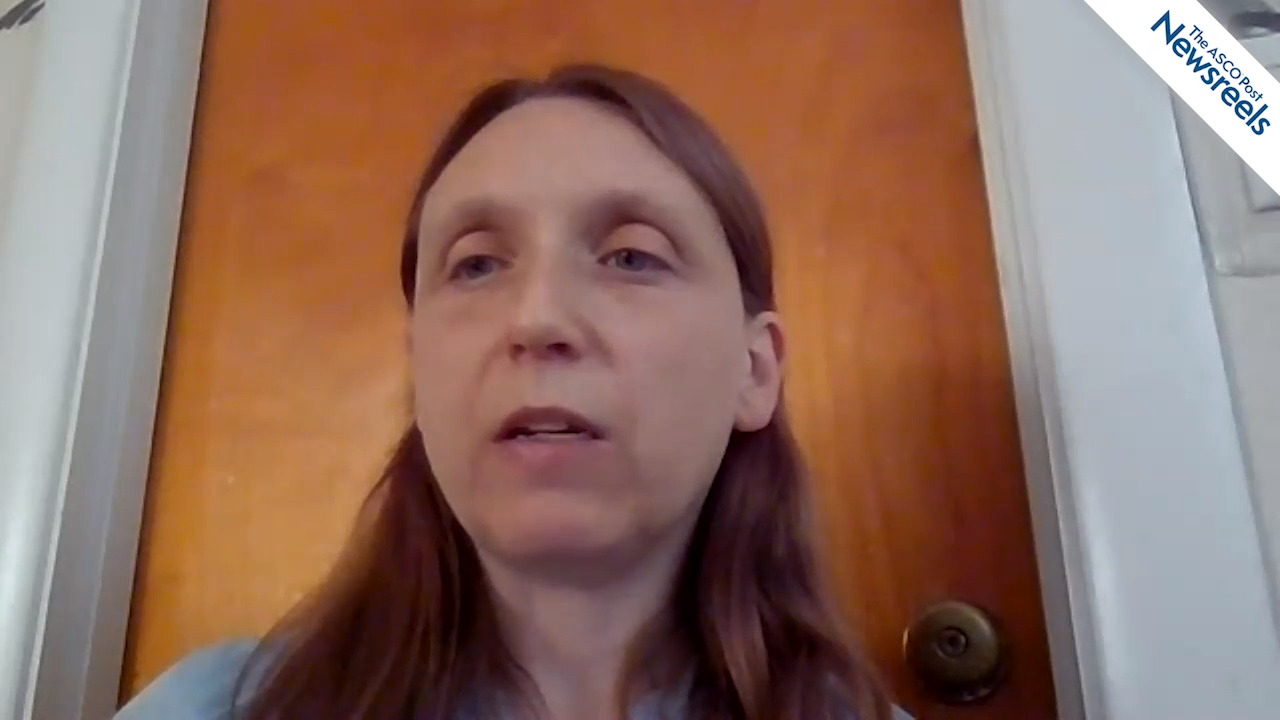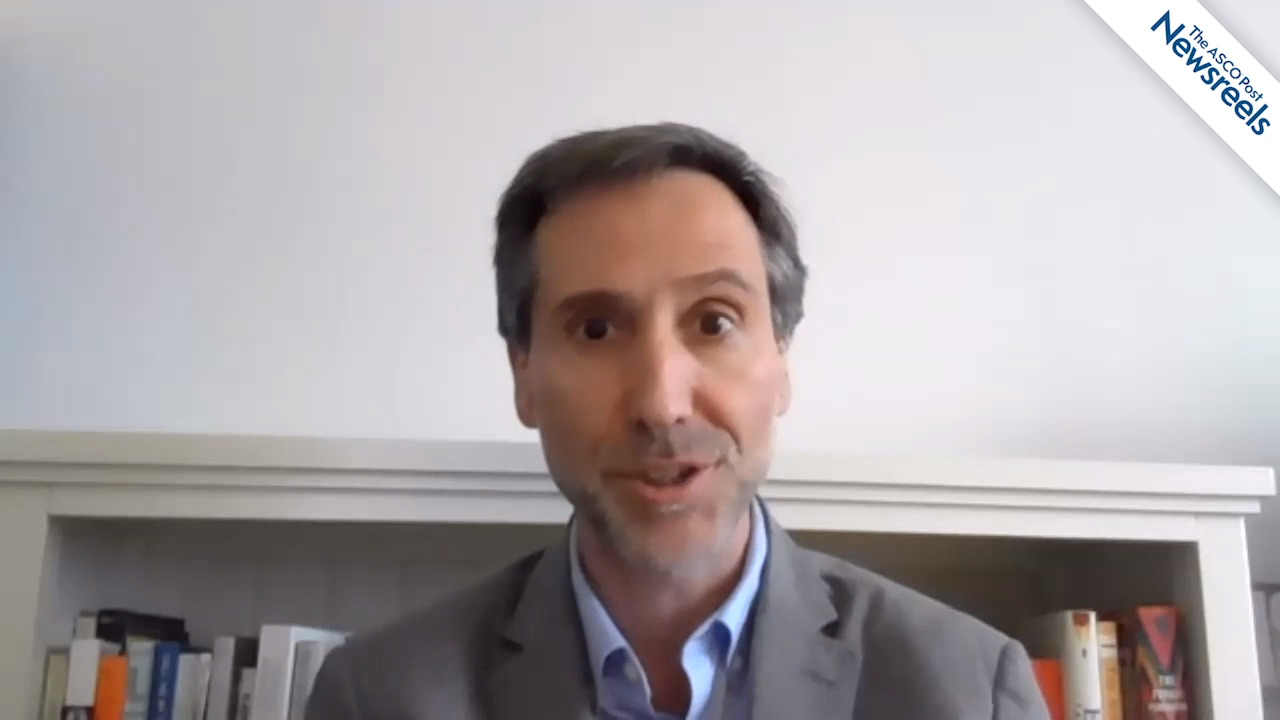Nasser K. Altorki, MD, on Lung Cancer: Radiotherapy and Immune Checkpoint Blockade in the Neoadjuvant Setting
AACR Virtual Annual Meeting 2020 II
Nasser K. Altorki, MD, of Weill Cornell Medical College, discusses study findings that suggest neoadjuvant low-dose focal stereotactic body radiation plus immune checkpoint blockade (ICB) is safe and causes no surgical delays in early-stage lung cancer, and that major pathologic response rates are likely to be comparable to those with chemotherapy/ICB combinations (Session ED37).
The ASCO Post Staff
Robert A. Winn, MD, of Virginia Commonwealth University and the Massey Cancer Center, discusses the COVID-19 pandemic and how it is exacerbating disparities in cancer care among racial and ethnic minorities and the medically underserved who are disproportionately affected by the coronavirus (Session VSS06).
The ASCO Post Staff
Elizabeth H. Stover, MD, PhD, of Dana-Farber Cancer Institute, discusses an analysis of genomic alterations in patients with relapsed ovarian cancer who were treated with nivolumab plus bevacizumab in a phase II clinical trial. The study was conducted to identify potential biomarkers of response (Abstract 1048).
The ASCO Post Staff
Adam C. Palmer, PhD, of the University of North Carolina at Chapel Hill, discusses combining immune checkpoint inhibitors with other cancer therapies to provide patients with more chances of a response. In principle, similar benefits may result from sequential or biomarker-stratified treatments, which could be valuable in cases where toxicities may prevent full-dose combinations (Abstract 1047).
The ASCO Post Staff
Antoni Ribas, MD, PhD, of the University of California, Los Angeles, Jonsson Comprehensive Cancer Center, summarizes a special panel discussion on ways to eliminate cancer health disparities among racial and ethnic minorities. Increasing minority representation in clinical trials, thus ensuring diversity, and recognizing the accomplishments of minority scientists and clinicians in the cancer workforce are among the solutions discussed (Session VSS08).
The ASCO Post Staff
Stacey A. Fedewa, PhD, of the American Cancer Society, discusses the increasing incidence rates of colorectal, breast, kidney, thyroid, uterine corpus, and cervical disease in younger patients. Data show that colorectal cancer is increasing most rapidly, while breast cancer—the most common cancer among young women—is rising at a slower pace (Session ED35).





